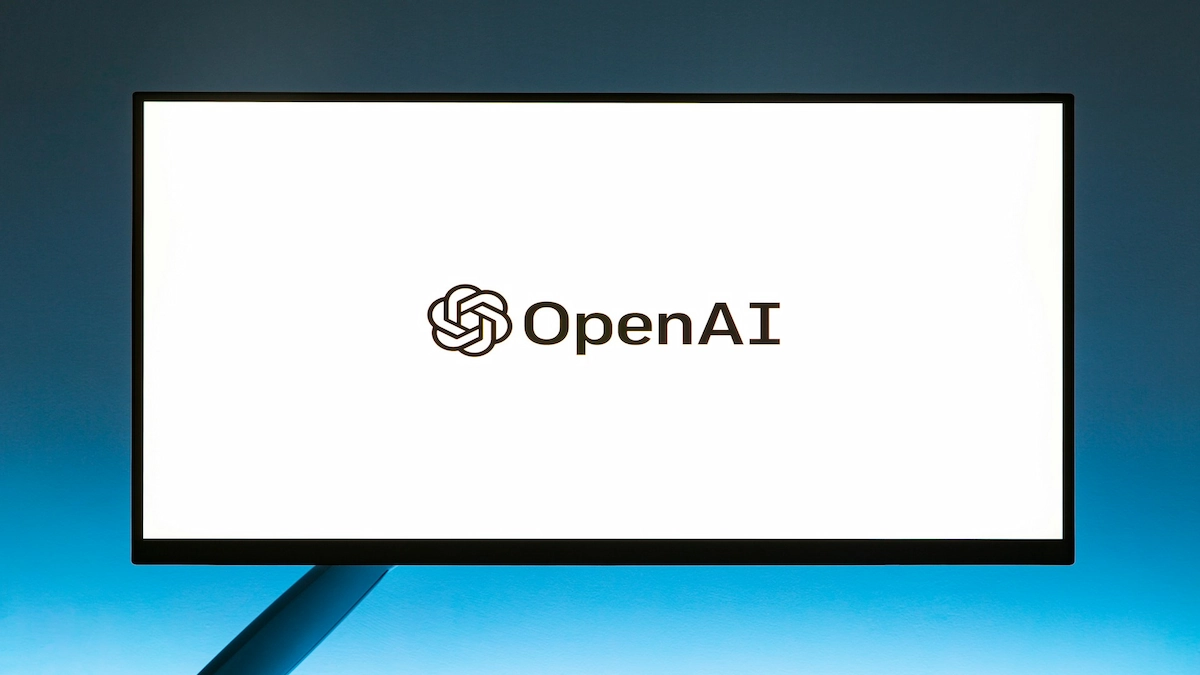
In the fast-evolving world of AI and e-commerce, ChatGPT is becoming more than just a conversation tool — it’s shaping the way we discover and evaluate products online. But how does ChatGPT actually rank products and sellers when users ask for recommendations? Let’s break down the key factors that influence its ranking logic and how it prioritizes what to show you.
1. Understanding the Role of AI in Search
ChatGPT doesn’t operate like traditional search engines such as Google or Amazon. It doesn’t crawl live websites or display real-time listings. Instead, it uses a combination of trained data (up to a certain date), integrated tools (like plugins or browsing capabilities), and user input to generate intelligent suggestions. When connected to a plugin or shopping API, it can access product databases to assist with ranking.
2. Key Factors ChatGPT Considers When Ranking Products
When ChatGPT is used for product discovery through a plugin or integrated search feature, it typically ranks results based on a mix of the following:
- Relevance to Your Query: ChatGPT first filters out products that don’t match the core intent of your question.
- Product Details: Features like price, specifications, brand reputation, and overall value play a big role.
- Customer Ratings & Reviews: Higher-rated products with strong positive feedback are often prioritized.
- Popularity Metrics: Items with more purchases or frequent mentions across platforms may appear higher.
- Availability & Delivery Options: Products that are in stock and offer fast delivery can gain preference.
3. How Sellers Are Evaluated
When it comes to merchants or sellers, ChatGPT evaluates trustworthiness and performance based on:
- Seller Ratings: Just like with products, high ratings and positive reviews matter.
- Return & Refund Policies: Sellers with flexible and buyer-friendly policies are often favored.
- Shipping Speed: Fast and reliable delivery gives sellers a competitive edge.
- Verified Listings: Merchants that are verified by marketplaces or platforms are more likely to be recommended.
4. The Role of Plugins and Real-Time APIs
ChatGPT’s ranking ability becomes much more powerful when it is paired with tools like the OpenAI Browsing tool, e-commerce plugins, or custom APIs. These tools provide it with live access to real-time product listings and seller data, enabling dynamic recommendations that are more accurate and personalized.
For example: when a user asks, “Best laptops under $1000”, ChatGPT (via a plugin) fetches up-to-date listings, then ranks them using AI models that weigh features like brand reputation, value for money, and user reviews.
5. Personalization and Context Awareness
What sets ChatGPT apart from traditional filters is its contextual awareness. It doesn’t just match keywords — it understands your needs. If you say, “best eco-friendly running shoes for flat feet,” it considers the purpose, your preferences, and even medical relevance, then recommends accordingly.
While it doesn’t track your history like search engines, if you provide enough detail in your prompt, ChatGPT adjusts its responses in real time to suit you better.
6. Is There Bias in ChatGPT’s Rankings?
ChatGPT does not promote specific brands or products unless guided by a plugin or request. Its recommendations are generally neutral and logic-based. However, results may vary depending on the data sources it has access to (especially if browsing is enabled or specific shopping platforms are integrated).
For example: if a plugin is connected to Amazon, it will naturally show products from Amazon — but still rank them based on relevance and quality.
Conclusion:
ChatGPT’s product and seller rankings aren’t random — they’re driven by intelligent logic that combines relevance, reviews, seller reliability, and user intent. As AI tools continue to evolve, the way we discover products online is becoming more personalized, efficient, and insight-driven. Whether you’re a consumer looking for value or a seller hoping to stand out, understanding how ChatGPT ranks results can help you make smarter decisions — or optimize your listings for the future of AI-powered commerce.
Read More:
- Top 5 AI Tools for Content Creation in 2025 You Need to Try
- 5 Hidden Blogging Tricks You Never Knew
- 4 Altcoins to Watch in This Bull Rally (May 2025 Edition)
- Top 6 SEO Service Trends in 2025 That Will Boost Blogging
- Bitcoin Hits $70K in May 2025 – Are We Back in a Bull Run


